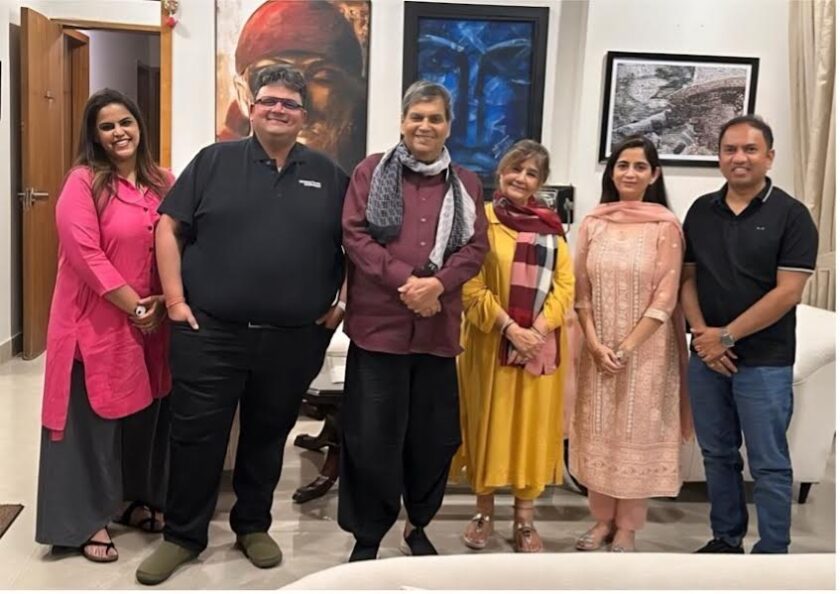Mumbai: Anoushka Shankar, an acclaimed sitar virtuoso with a remarkable career spanning decades, exudes grace and confidence during our interview. With numerous accolades, including an honorary doctorate from Oxford and eleven Grammy nominations over the past 20 years, Shankar remains grounded and focused on her craft rather than the weight of her honors.
Reflecting on receiving her honorary doctorate, Shankar shares, “It gave me a very grown-up and proper feeling. Rarely are honorary doctorates awarded. It’s not given lightly by a university, and it feels like a recognition of being an expert in the field.” Despite her achievements, Shankar remains humble, particularly as she focuses on her upcoming Grammy nominations in the Best Global Music Performance and New Age Album categories for her album Chapter III: We Return to Light.
In the interview, Shankar discusses the complexities of the Grammy nominations, particularly the Global Music and New Age categories, which she finds challenging yet significant. She acknowledges that while these genres are broad, they can be subjective and are shaped by the demographics of the voters each year. Shankar emphasizes the commercial aspect of the music industry, where being nominated holds weight, but long-term recognition through multiple nominations can be more meaningful than a single win. “Being nominated often is a great honor,” she adds, noting that industry success often depends on connections and playing the game, which she chooses not to prioritize.
As Shankar approaches her 30th anniversary as a musician, she reflects on her evolution. “Over the last several years, I’ve concentrated on removing the filters from my music,” she says. “It’s about being more open and giving people access to my art and the emotions behind my music.” Her focus is now on creating music that listeners can emotionally connect with, and she embraces the process of “play” rather than seeing it as a practice.

Shankar also emphasizes the importance of vulnerability in her music, sharing, “I wouldn’t claim that music is my therapy, but it’s my release.” She explains that her therapy lies outside of music, in personal healing and the lessons she’s learned from her upbringing and life experiences. “I’ve learned that we all depend on one another,” she says, adding that her art has become a way to share her journey and help others.
Looking ahead, Shankar sees an opportunity to bridge the gap between traditional music and mainstream entertainment, particularly in Indian cinema. She believes there is space to integrate diverse musical influences into Indian films, but this requires a willingness to take risks. “The music and entertainment industries are becoming more streamlined, and financial decisions are often made with safety in mind,” she explains. “However, to make room for diverse music, you have to take some risks, and as Indian films become more accessible worldwide, there will be greater opportunities for this kind of integration.”
With her evolving sound and willingness to explore new artistic territories, Anoushka Shankar continues to redefine what it means to be a true artist in the modern world.









